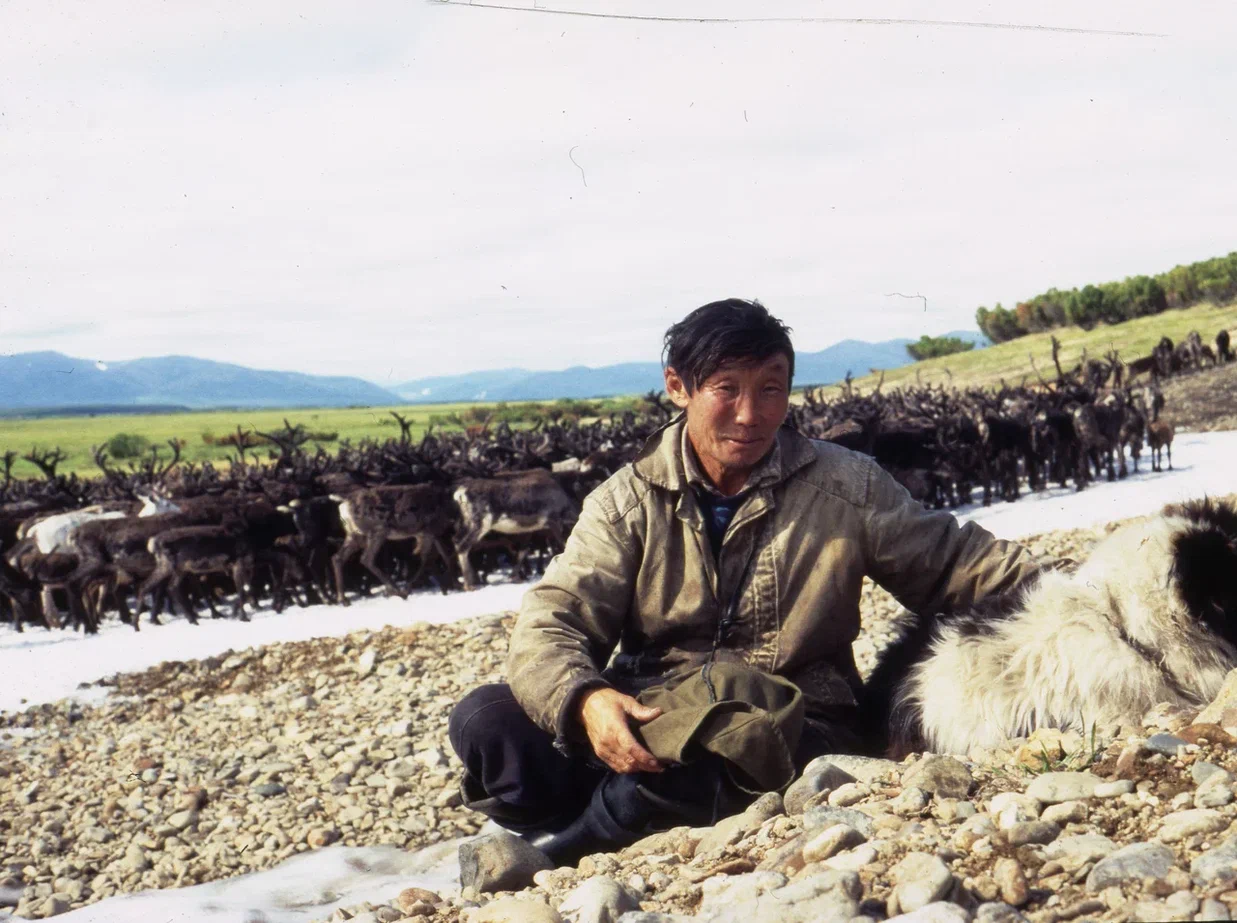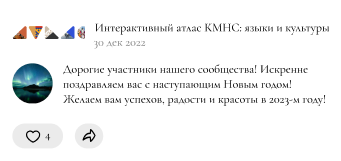Chief Researcher (Ph. D. H. Sc.),
Department of the North and Siberia,
Institute of Ethnology and Anthropology, Russian Academy of Sciences
Anna Sirina
Evens.
General information.
Evens are a Tungusic ethnic group, and are among indigenous minority ethnic groups in the RF. Evens mostly live in the North-East and Far East of Russia. According to the 2020-2021 Census, there are 19,975 Evens (the 2010 All-Russia Census had this number at 22,383 people). Evens live in five administrative bodies in the Far East Federal Okrug.
Approximately 70 percent of all the Evens in Russia live in the Sakha Republic (Yakutia) (according to the 2020/2021 All-Russia Census, this figure equals 13,260 people, the 2010 All-Russia Census has it at 15,071 people). There are 2,064 Evens in Magadan Oblast (2020/21) (2,635 in 2010). By the statistics of the 2020/21, there are 1,780 Evens in Kamchatka Krai (in 2010, there were 1,872 of them there). They live mostly in the central and western parts of the peninsula. In Chukotka Autonomous Okrug, the 2020/21 Census had 1,286 Evens (1,392 in 2010). In Khabarovsk Krai, there were 1,005 Evens in 2020/21 (back in 2010 there were 1,128 of them). Evens mostly live in the northernmost Okhotski District in Khabarosk Krai (683 people). Besides, the 2020/21 Census recorded 102 Evens in Moscow and 25 in Krasnoyarsk Krai.
Up to the first quarter of the 20
th
century, in official documents, Evens were called “Lamuts”, “Stone Lamuts”, “Lam Tungus”, “Mountain Tungus”, “East Tungus”. The official term of “Tungus” referred to all the ethnic groups speaking Tungus languages. In the early 1930s, following the USSR national policies concerning minority ethnic groups of the North, Evens were officially named with their most frequent endonym – Evens (its variants are – Eben, Evyn etc). The endonym is translated in different ways by academics: ‘local’, ‘someone from here’, ‘ones who descended from mountains’ (i.e. those migrating across mountain ranges); V.A. Tugolukov after J.Lindenau suggested the etymology was from ‘transverse, cross-over” (i.e. making their migrations across the range of mountains). Parts of Evens from the Okhotsk shore, including the Evens of Kamchatka, are still keeping the endonym of
Oroch/Orochi/Orochel
. It is thought to come down from a word ‘
oron
’ – reindeer;
Orochel
are reindeer people. The endonym
Ilkan
(translated, by some, as ‘genuine’) was frequent with Evens living in the low reaches of the Yana, Indigirka and Kolyma rivers among the mixed Even-Yukaghir population. Multiple identities and several endonyms are characteristic of the ethnic groups of the North as a whole, and Evens in particular.
Evens also frequently used traditional territorial ethnonyms
Namunkan/Lamunkan
– those living by the sea,
Donrenken
– those living in the mountains. In the Soviet era, there emerged new administrative boundaries. Nomads settled down for good in settlements. This meant that they started to use administrative or territorial names, for instance, Berezovka, Momsk, Verkhnekolymsk Evens (in Sakha Republic (Yakutia)), Rassokhino, Gizhiginsk Evens (Magadan Oblast), Bystrinsk Evens (Kamchatka Krai), Anyuisk Evens (Chukotka AO), Okhotsk Evens (Khabarovsk Krai) etc.
























































